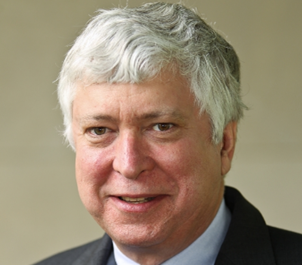Program overview
This full-day workshop is designed to develop skills that participants can use to write or supervise the development of cases for use in academic and/or executive education teaching. While primary emphasis will be placed on written cases, some discussion of multimedia cases will also be included. Participants will be expected to read several cases before the workshop; several optional video presentations will also be provided.


Mode of Learning
In-person
Location
KSPP
Language
English
Duration
1 Day
Program Start
October 9, 2025
Program End
October 9, 2025
Program Hours
09:00 AM – 05:00 PM
Learning Outcomes
Learn what empirical situations are likely to make good classroom teaching cases
Learn how to decide on a case theme and learning objectives once a topic is chosen.
- Learn how to do background research on a case
Learn interviewing strategies for case research.
Learn basic writing strategies, including what material should be included and left out (or relegated to appendices), and how to build participant engagement into the way a case is written.
Learn how to write teaching notes to assist other instructors who may use a case that you have written.
Who Should Attend?

Business and public policy academics and professionals
who use case studies in degree and executive education programs.

Learning and development professionals
aiming to infuse more local content into teaching modules.

Leaders
seeking to maximize the impact of Saudi success stories and embed them into organizational memory.

+ 5 Years of experience
Minimum of five years of professional experience in training, learning and development, or leading teams in government, corporate, or non-profit organizations.

Proficiency of written and spoken English
The program will be delivered in English. Applicants should be proficient in written and spoken English.
Faculty

Kent Weaver
Kent Weaver is Faculty Director for Executive Education and International Initiatives at the McCourt School of Public Policy. His research focuses on American and comparative social policy, comparative political institutions, and policy implementation. He is particularly interested in how political institutions, feedback from past policy choices, and the motivations of politicians interact to shape public policy. Much of his work examines why and when politicians pursue actions that may involve more political risks than rewards.
View Details












